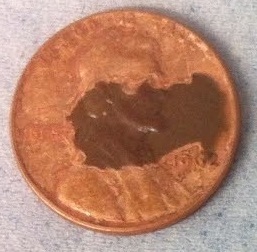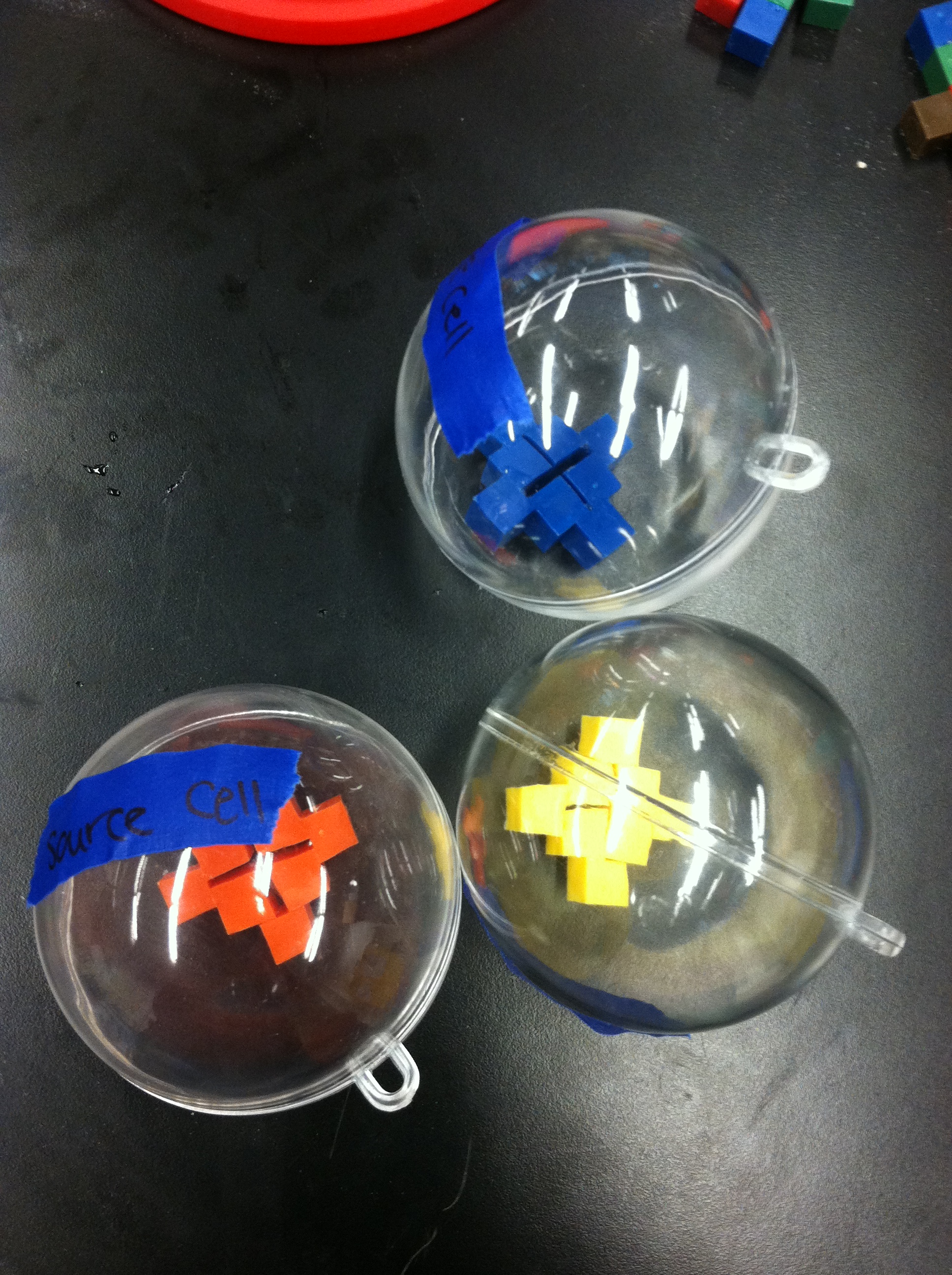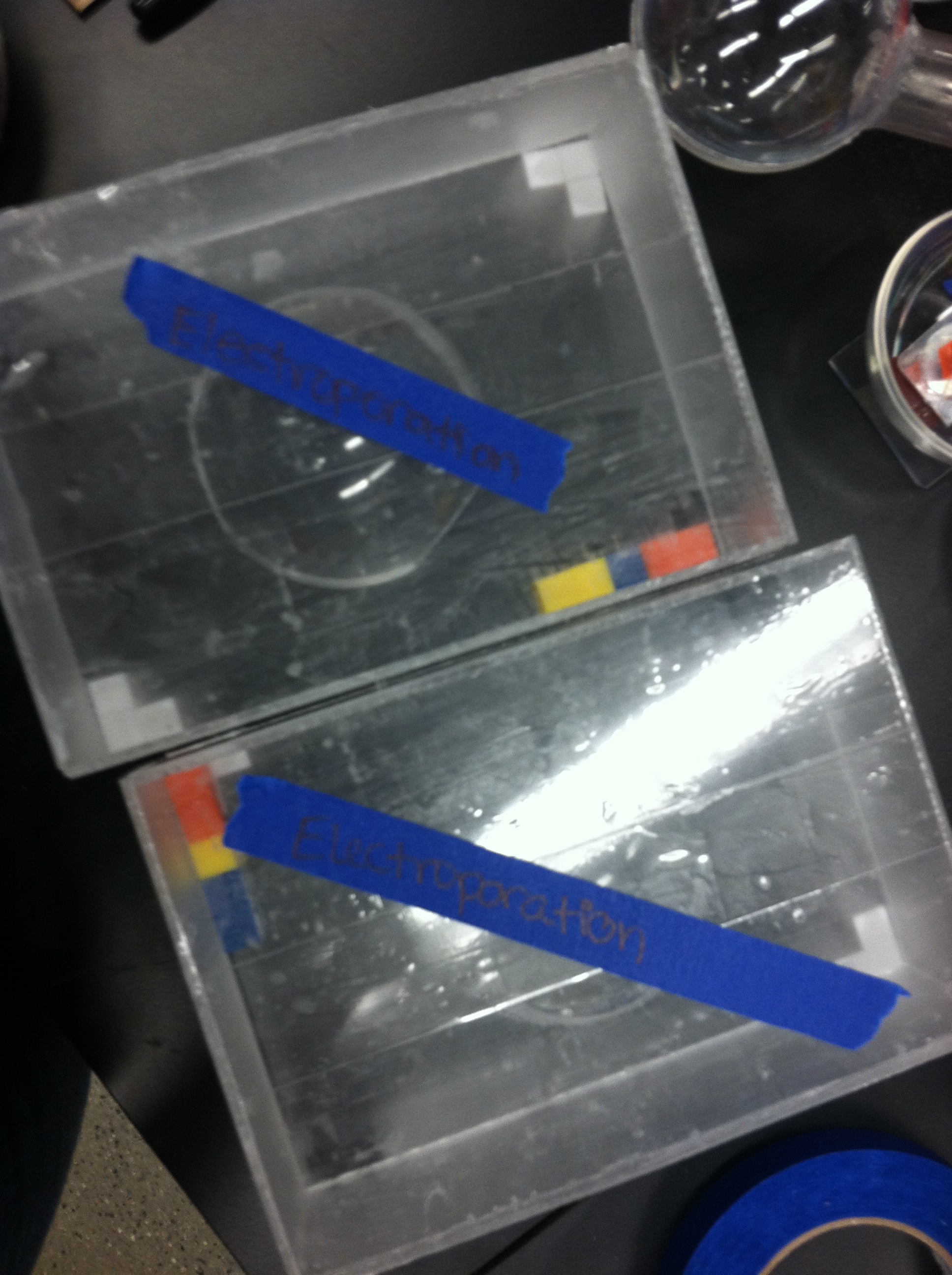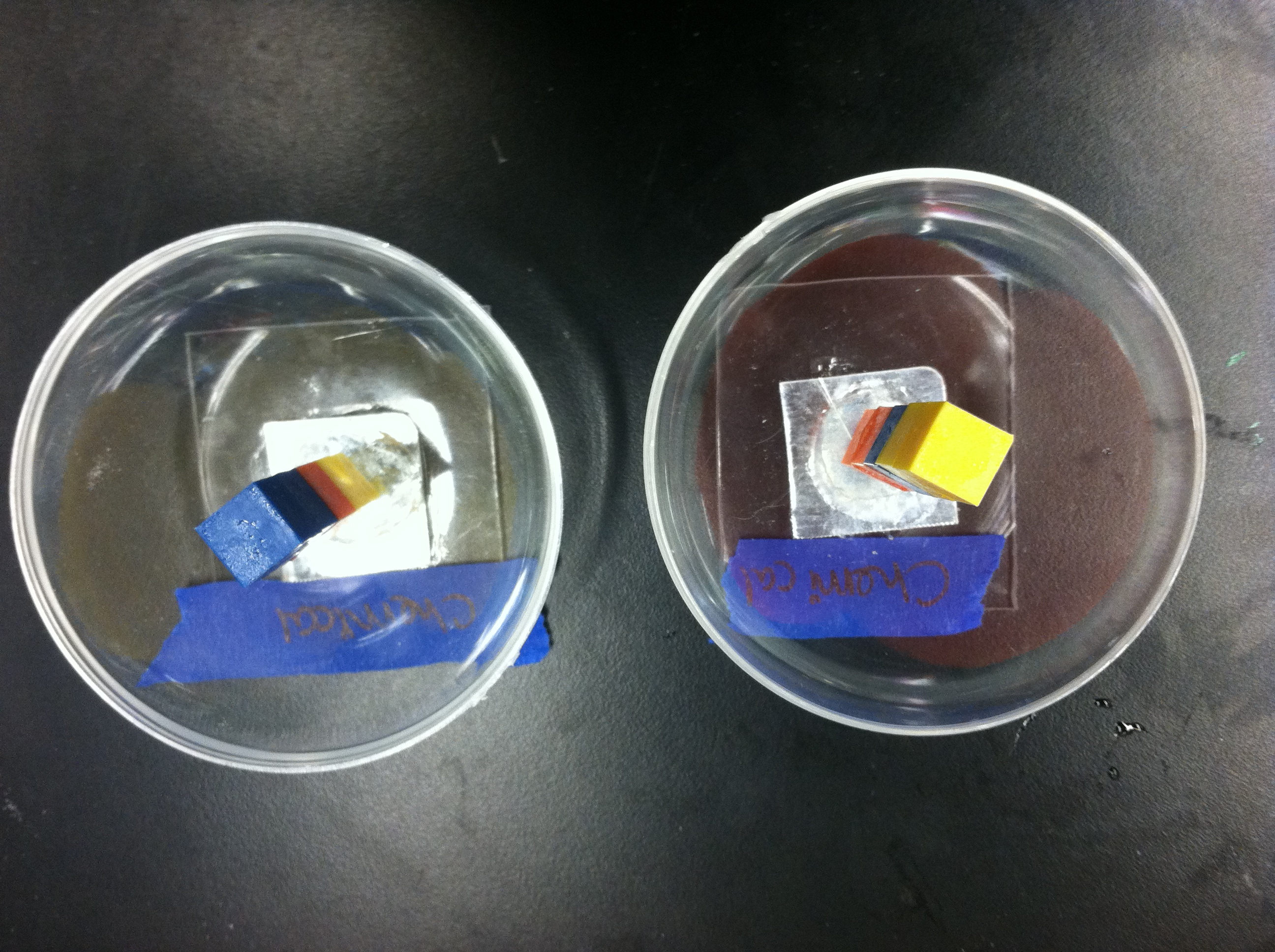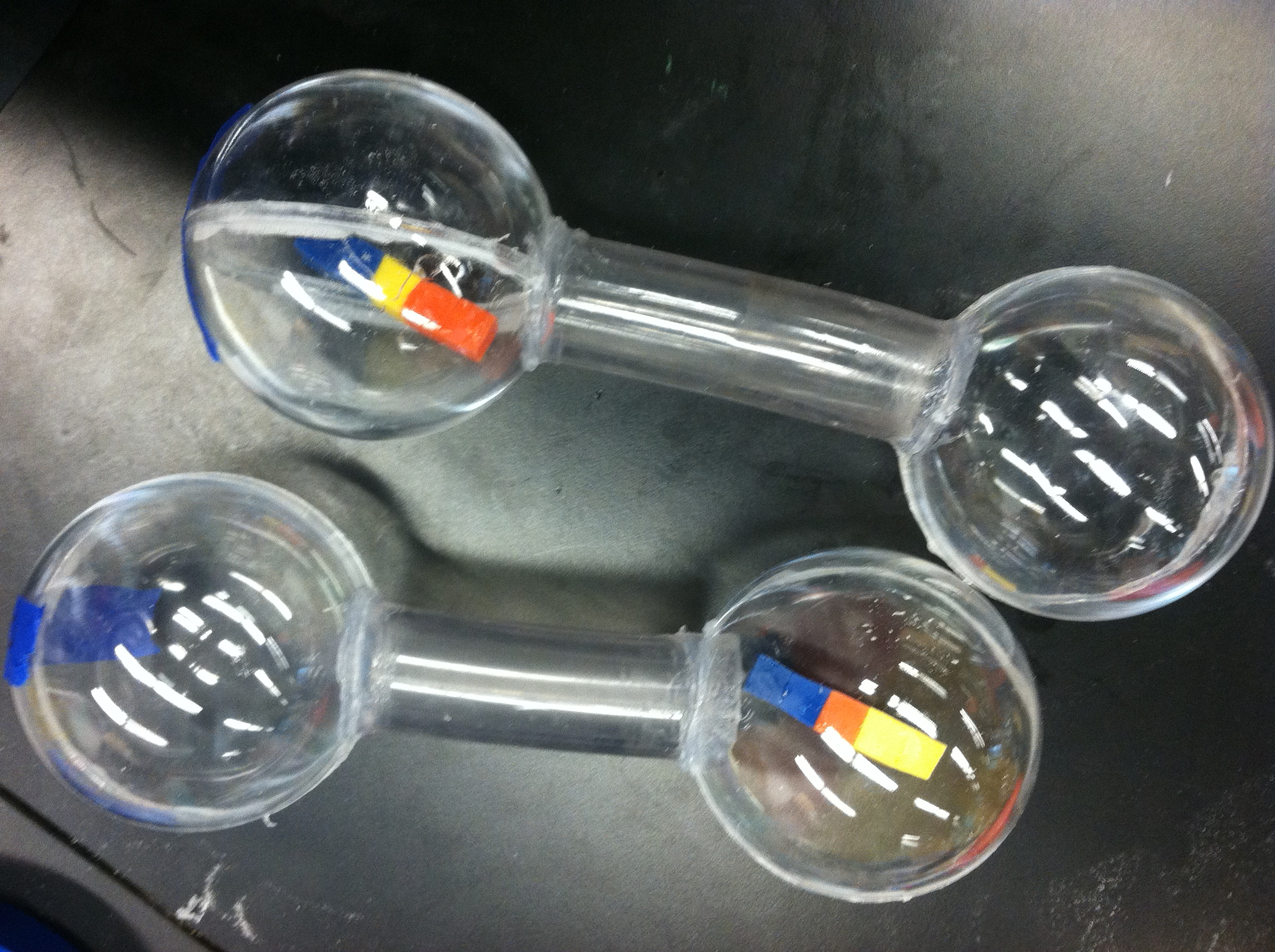Team:Columbia-Cooper-NYC/Outreach
From 2012.igem.org
(→Outreach) |
MChowdhury (Talk | contribs) |
||
| (10 intermediate revisions not shown) | |||
| Line 156: | Line 156: | ||
<div id="m6" onmouseover="mcancelclosetime()" onmouseout="mclosetime()"> | <div id="m6" onmouseover="mcancelclosetime()" onmouseout="mclosetime()"> | ||
<a href="https://2012.igem.org/Team:Columbia-Cooper-NYC/Outreach">Outreach</a> | <a href="https://2012.igem.org/Team:Columbia-Cooper-NYC/Outreach">Outreach</a> | ||
| - | |||
</div> | </div> | ||
</li> | </li> | ||
| Line 162: | Line 161: | ||
<div id="m7" onmouseover="mcancelclosetime()" onmouseout="mclosetime()"> | <div id="m7" onmouseover="mcancelclosetime()" onmouseout="mclosetime()"> | ||
<a href="https://2012.igem.org/Team:Columbia-Cooper-NYC/Safety">Safety</a> | <a href="https://2012.igem.org/Team:Columbia-Cooper-NYC/Safety">Safety</a> | ||
| - | |||
</div> | </div> | ||
</li> | </li> | ||
| Line 188: | Line 186: | ||
| + | <html> | ||
| + | <center> | ||
| + | <h2> | ||
| + | Check out Maker Faire's <a style="color:#6bbe00 !important" href="http://blog.makezine.com/2012/09/20/using-microbes-to-etch-pcbs/">Makezine blog</a> about our project! </p> | ||
| + | </h2> | ||
| + | </center> | ||
| + | </html> | ||
| Line 195: | Line 200: | ||
Each of our games contained plastic spheres which represented cells and a strip of blue, yellow and orange DNA. We explained to the kids that we took DNA out of our source cells, cut out the parts we wanted and put them back together in a new combination. Now we need the kids help to put our new DNA into a cell so it can be used. In the conjugation game the 2 cells were connected by a plastic tube and the goal was to move the DNA from one cell to the other. In the electroporation game the kids used a wand with a magnet on the end to slide the recombinant DNA through one of the large pores into our cell. As the kids worked on the game we had a chance to explain to their parents that in the lab we do this by shocking the cells with 1800 volts. Finally our chemical transformation game involved throwing the DNA into our competent cells. In order to help keep the DNA in the cell rather than sliding right out we attached a small magnet to the bottom on the DNA and put a piece of metal between the cell and the base. | Each of our games contained plastic spheres which represented cells and a strip of blue, yellow and orange DNA. We explained to the kids that we took DNA out of our source cells, cut out the parts we wanted and put them back together in a new combination. Now we need the kids help to put our new DNA into a cell so it can be used. In the conjugation game the 2 cells were connected by a plastic tube and the goal was to move the DNA from one cell to the other. In the electroporation game the kids used a wand with a magnet on the end to slide the recombinant DNA through one of the large pores into our cell. As the kids worked on the game we had a chance to explain to their parents that in the lab we do this by shocking the cells with 1800 volts. Finally our chemical transformation game involved throwing the DNA into our competent cells. In order to help keep the DNA in the cell rather than sliding right out we attached a small magnet to the bottom on the DNA and put a piece of metal between the cell and the base. | ||
[[File:Chemical Transfomration.jpg|150px|thumb|left|Our Chemical Transformation Game]][[File:conjugation.jpg|150px|thumb|center|Our Conjugation Game]] | [[File:Chemical Transfomration.jpg|150px|thumb|left|Our Chemical Transformation Game]][[File:conjugation.jpg|150px|thumb|center|Our Conjugation Game]] | ||
| + | |||
| + | [[File:Maker2.gif|225px|left| ]] [[File:Maker3.gif|225px|center| ]] | ||
| + | |||
| + | |||
| + | <center>Thank you to everyone who stopped by our booth! Our team appreciated the opportunity to share the work we've done as well as everyone who wished us luck over the next few weeks as we complete our project.</center> | ||
Latest revision as of 03:39, 4 October 2012
Outreach
Check out Maker Faire's Makezine blog about our project!
This year Columbia- Cooper iGEM hosted a table at the 2012 Maker Faire in New York City. Our table featured posters explaining both the genetic and chemical aspects of out project, games to teach children about recombinant DNA and bacterial transformation as well as pennies etched by our A. Ferrooxidans with the letter "C" to represent each of our schools as well as the chemical symbol for copper.
Each of our games contained plastic spheres which represented cells and a strip of blue, yellow and orange DNA. We explained to the kids that we took DNA out of our source cells, cut out the parts we wanted and put them back together in a new combination. Now we need the kids help to put our new DNA into a cell so it can be used. In the conjugation game the 2 cells were connected by a plastic tube and the goal was to move the DNA from one cell to the other. In the electroporation game the kids used a wand with a magnet on the end to slide the recombinant DNA through one of the large pores into our cell. As the kids worked on the game we had a chance to explain to their parents that in the lab we do this by shocking the cells with 1800 volts. Finally our chemical transformation game involved throwing the DNA into our competent cells. In order to help keep the DNA in the cell rather than sliding right out we attached a small magnet to the bottom on the DNA and put a piece of metal between the cell and the base.
 "
"

